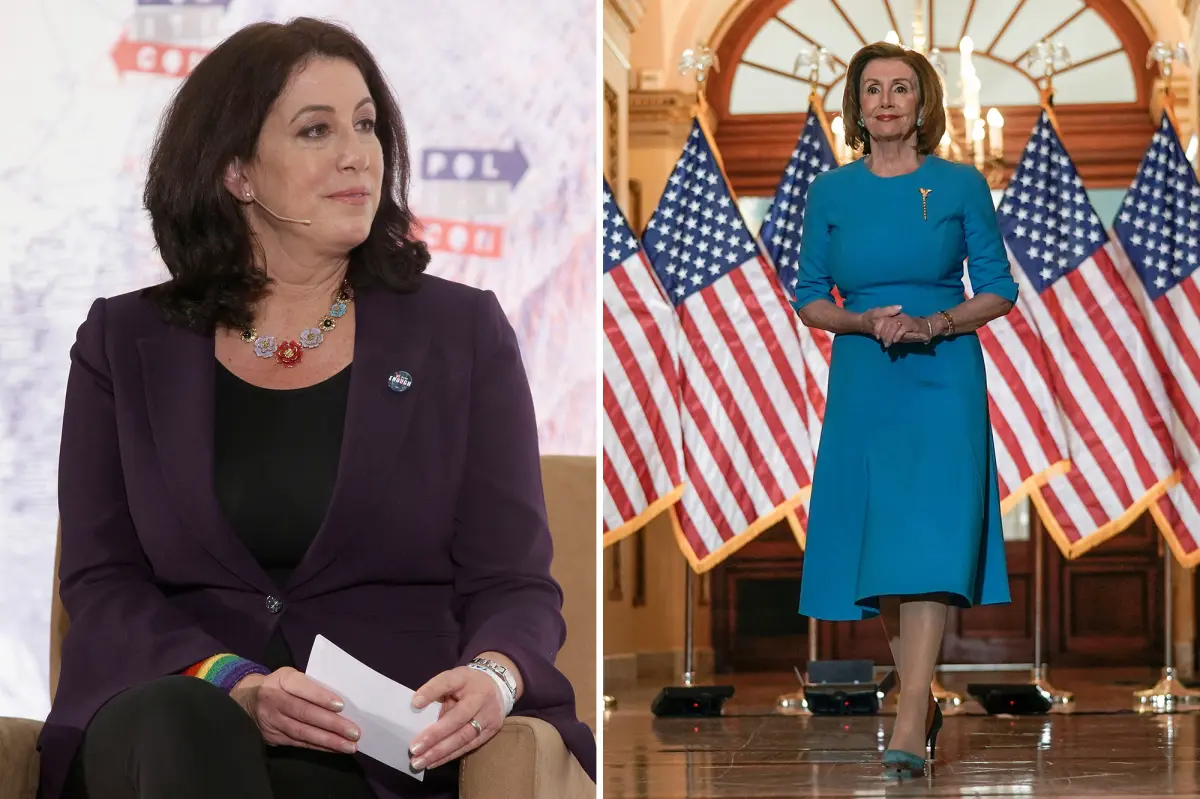Copyright Project Syndicate

LONDON – Voters in many countries are furious. Democratic leaders, lacking a playbook, seem unable to address the causes of that fury. The only people benefiting from this vacuum are populists and wannabe strongmen. In Britain, the Labour government looks like it wants to go back to the tax-and-spend solutions of the past, while some Conservatives pine for a revival of Margaret Thatcher’s free-market policies. Both appear clueless in articulating a vision that is attractive to today’s voters. Especially damning is the perception, common in many countries, that governments, hamstrung by political paralysis or excessive regulation, cannot get anything done. If democratic politicians are all talk and no action, then populists, with their boasts (rarely fulfilled) of decisive action to come, offer an appealing alternative. To help create a new playbook, we asked a group of leading economists what the world should have learned in the 35 years since the so-called Washington Consensus became a policy lodestar. Their answers, which have just been published in book form, constitute the London Consensus, offering hope that a new policy approach, based on sound economic principles, can help push back against authoritarian populism. Like its predecessor, the London Consensus holds that an economy with low inflation, prudent fiscal policies, and openness to world trade offers the best hope for human flourishing. But unlike the Washington Consensus, the new playbook showcases a transformed approach to economics that includes innovation, good jobs, gender equality, a focus on climate, and a political economy that empowers the state to deliver. A first order of business is getting economies to grow again. Despite being cursed as “neo-liberal” by its critics, the Washington Consensus had surprisingly little to say about economic growth. Its assumption that growth would automatically follow market liberalization has not aged well. Over the last 35 years, thanks largely to the work of the most recent Nobel laureates, including our London Consensus co-author Philippe Aghion, we have learned that “getting the prices right” is not enough. Growth depends on innovation, which requires striking the right balance between competition and rewards for new ideas. Governments play a role by supporting research, education, and a financial system that allows firms to invest and adopt new technologies. Although growth and well-being are linked, that connection, too, is no longer viewed as automatic. People care about incomes and consumption. But they also care about the health of their communities and the sense that policies and national politicians treat “people like them” fairly. A new approach must focus on how economic systems shape both prosperity and the social fabric that holds communities together. Left-behind regions require a great deal more than cash transfers. The loss of jobs and businesses weakens local communities and affects people’s lives and sense of dignity in ways that money alone cannot fix. Place-based policies should be a central component of the new playbook. We need to take good jobs to where people are, not vice versa. People want stability as well, so moderating the ups and downs of the economy should also be a main goal of policy. The Washington Consensus focused only on one kind of instability, caused by irresponsible fiscal and monetary policies, but that was too narrow. Today we understand that financial crises, health emergencies, and even climate change can also be major sources of shocks. By serving as an insurer of last resort, as they did during the COVID-19 pandemic and the 2007-09 global financial crisis, governments can protect citizens from losing their jobs, savings, or access to health care. But advocating such an activist fiscal policy is not the same as claiming that anything goes. On the contrary: to supply last-resort insurance, governments must be able to borrow during crises, which in turn requires that they run surpluses and cut their debts in good times. The Washington Consensus gave the impression that the state’s role should be minimal, but that was always too simplistic. An effective government should be small enough not to get in the way of the private sector, but strong and capable enough to do all the things government needs to do in a modern economy, which includes providing effective regulation and high-quality public services. In turn, building government capacity requires long-term investment in people, institutions, and systems. The quality of governance also depends on political institutions, which to be successful must evolve along a narrow corridor. When power is too fragmented, reaching agreement on matters of common interest becomes impossible. And when power is concentrated in too few hands, without effective checks and balances, unresolved grievances accumulate, driving citizens to seek untried alternatives. The London Consensus believes that good economics cannot be separated from good politics. Insofar as it assumed that adopting sound economic policies would automatically cause political problems to sort themselves out, the Washington Consensus was naive. The political origins of economic policies make a big difference. Reforms imposed from above, without local support or legitimacy, usually fail. Moreover, what may seem like good economic policies can have bad political effects if they increase inequality or resentment. Rather than treating politics as an obstacle, economists should see it as essential to making fair and lasting economic choices. We do not claim that the Washington Consensus caused the current wave of populism. But when it comes to addressing today’s challenges, it does not provide the answers. For that, we need to go beyond the old recipes. The London Consensus provides a fruitful alternative.



